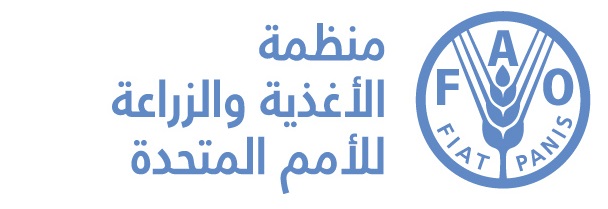IPPC strategizing for the next 10 years
Posted on جمعة, 15 أكتوبر 2010, 08:10
SPTA discussionsPlant pests threaten agriculture and rural communities, food security, plant biodiversity and natural habitats and ecosystems around the world. New pests are constantly being identified and known pests are becoming more important because of trade and climate change, so the battle with pests is ongoing. The International Plant Protection Convention (IPPC) is an important global instrument which promotes international cooperation on these issues. In the global context, new challenges constantly appear which change the functional environment of the IPPC and the IPPC must be ready and able to face these emerging problems.
The Commission on Phytosanitary Measures (CPM) is engaged in long term planning for the next ten years. As a first step in this process, the CPM Bureau has drafted a new strategic framework for the IPPC. This document was examined but the Strategic Planning and Technical Assistance (SPTA) meeting from 4 - 6 October in Rome. The SPTA also took into consideration feedback from the 22nd Technical Consultation among RPPOs, and it examined strategic plans for standards setting, communications, resource mobilization and capacity building.
The SPTA reaffirmed the IPPC s vision of protecting the world s plant resources from pests and it identified strategic objectives for achieving this vision. The strategic objectives include protecting global plant resources such as the environment, forests, and biodiversity; enhancing global food security through prevention of pest spread; and creating economic and trade development opportunities through harmonisation of phytosanitary measures.
The IPPC will accomplish its strategic objectives through core functions such as setting standards; advocacy and communications; dissemination of information and knowledge on pests and phytosanitary issues; and technical support for the development of phytosanitary capacity.
The revised strategic framework along with operational plans for each of the core functions will be presented to the 6th Session of the CPM in March, 2011.
The IPPC will only be able to achieve these objectives if adequate extra-budgetary resources are made available to support the activities of the IPPC. At present the IPPC is confronted with a critical financial situation which will result in significant cuts to the 2011 program of work. The Bureau and the Secretariat are considering medium and long-term plans to try to solve the funding problems of the IPPC.

